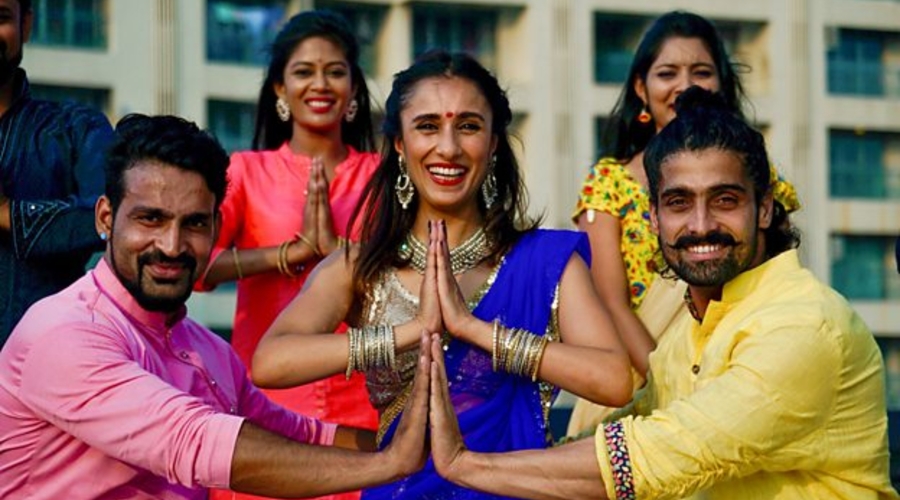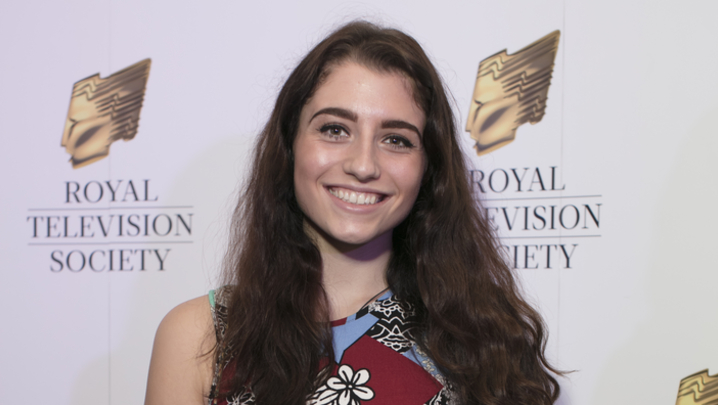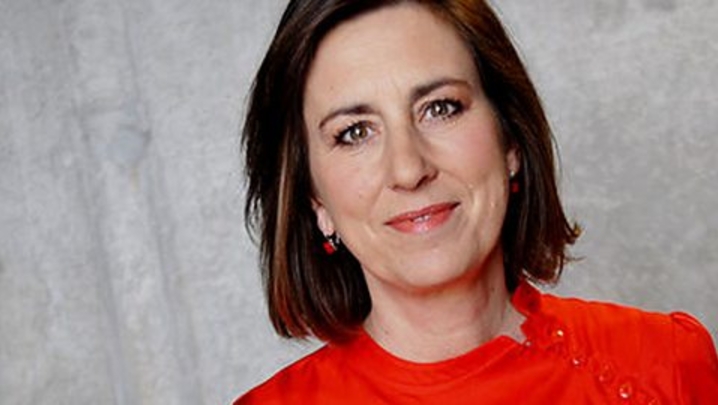Flush from her triumph at the RTS Programme Awards, Anita Rani, makes her Bollywood debut
Well, I only went and won an RTS! What a wonderful, unexpected bonus after making the most important piece of TV I’ve ever made. My Family, Partition and Me told the story of the Partition of India, the brutal end of the Raj. Not only my story, the story of millions. My motivation for making it was realising, based on the reaction to my Who Do You Think You Are?, how little people know about this momentous period in history. We talk about empire and railways, but what happened at the end is not discussed. Terrifyingly few British Asians are aware of what their own grandparents lived through. The public reaction to the show has been immense. So many people have told me that they’ve now spoken with their families for the first time about what happened. People want to share their own stories with me. Grown white men have cried in mid-conversation, thinking about it. On a personal and professional level, I’m so proud that this programme was made. So, thank you again to the RTS jury who thought me worthy.
I’m in Leeds to attend the Creative Cities Convention. I grew up in Bradford and went to Leeds University, so this is very much my old manor. After uni, I made the decision to move to London to pursue men, money and a career in TV – though not in that order. I remember discussing moving south with other students on my course. For quite a few, London just wasn’t an option. They had no support network there and had no idea how they could afford to live while working as runners. Luckily for me, my life back then was simple. I sublet a flat for £50 a week and survived on the cheapest instant noodles, chilli sauce and a pint.
We want to hear authentic voices, and we need more diversity in our industry. We want to generate wealth in parts of Britain that aren’t the South East. We want to bridge the so-called North-South divide but, most importantly, we need to reflect the entire country. So, it stands to reason that TV needs to spread the love. Plus, we live on a tiny island and Leeds is only two and a half hours away by train.
I am in a voice-over booth. It’s a comforting little soundproof box where the outside world doesn’t exist. I am putting the final touches to Bollywood: The World’s Biggest Film Industry. Fortuitously, no one has made a programme about Bollywood for a while. We think we know what it’s all about - singing, yes, dancing, yes, melodrama, ramped up to 11. There are also wonderfully surprising elements that reflect India’s rapidly growing economy and the battle between a young generation of modern Indians, who want their stories told, and old, conservative India. I get to make my acting debut in an Indian film. There was no audition, they just stuck me in it, along with a few other British extras who were sitting in a backpackers’ café earlier that day.
In and around my life for the past two weeks I’ve been catching up with all things Poldark. I’m hosting a panel following the screening of the first episode of series 4 at the BFI. I watched it in a packed NFT1 with around 200 (mostly female) Poldark fans. It was just like going to the movies in India. There was cheering, sighing, applause, muttering, tutting and gasping. A totally satisfying hour of TV, perfect for a Sunday night after an episode of Countryfile. On the panel were the exec producer Karen Thrussell, the brilliant writer Debbie Horsfield and Aidan Turner. I’m fascinated by the historical backdrop. We talk about the class struggle of the time, but the late 18th and early 19th centuries were also a time of slavery and colonialism. Britain was a major player in both. Debbie said that, in adapting the original books, she was going a bit rogue with parts of the story. Maybe there’s room for a visiting Indian dignitary? It could be a maharaja or, possibly even, a Rani… Well, I have just got back from Bollywood!
Anita Rani presents Countryfile and other BBC programmes.







